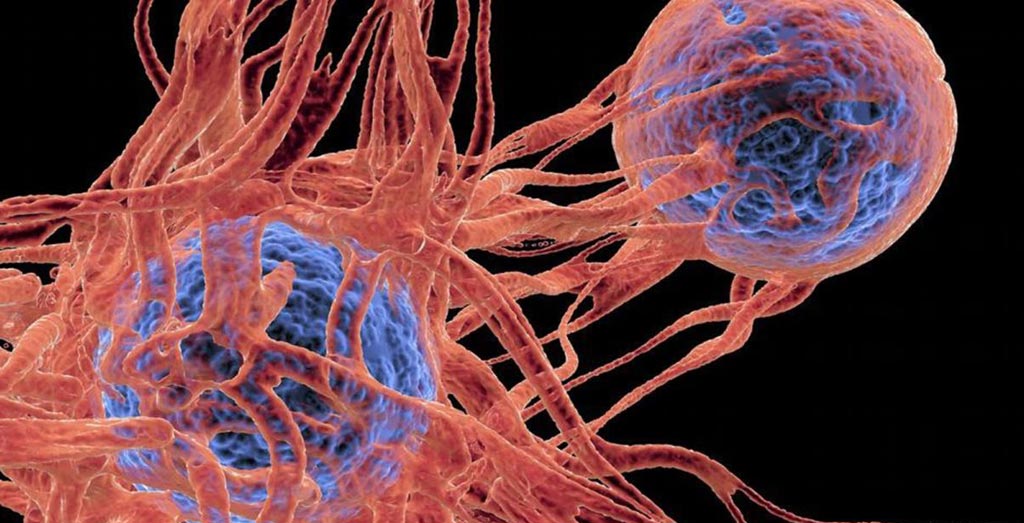New AI Technology Pinpoints Negative Symptoms in Cancer Patients
By MedImaging International staff writers
Posted on 08 Jan 2019
Researchers from the University of Surrey (England, UK) and the University of California {(UCSF) San Francisco, CA, USA} have developed a new artificial intelligence (AI) tool, which can predict symptoms and their severity throughout the course of a cancer patient's treatment.Posted on 08 Jan 2019
In what is believed to be the first study of its kind, the researchers created two machine learning models which are both able to accurately predict the severity of three common symptoms faced by cancer patients - depression, anxiety and sleep disturbance. All these three symptoms are associated with severe reduction in the quality of life of cancer patients.

Image: A new AI tool can predict the severity of three common symptoms faced by cancer patients (Photo courtesy of SPL).
The researchers analyzed the existing data of the symptoms experienced by cancer patients during the course of their computed tomography X-ray treatment. The team used different time periods during this data to test whether the machine learning algorithms were able to accurately predict when and if the symptoms surfaced. The researchers found that the actual reported symptoms were very close to those predicted by the machine-learning methods.
"These exciting results show that there is an opportunity for machine learning techniques to make a real difference in the lives of people living with cancer. They can help clinicians identify high-risk patients, help and support their symptom experience and preemptively plan a way to manage those symptoms and improve quality of life," said Payam Barnaghi, Professor of Machine Intelligence at the University of Surrey.
"I am very excited to see how machine learning and AI can be used to create solutions that have a positive impact on the quality of life and well-being of patients," said Nikos Papachristou, who worked on designing the machine learning algorithms for the project.
Related Links:
University of Surrey
University of California San Francisco














